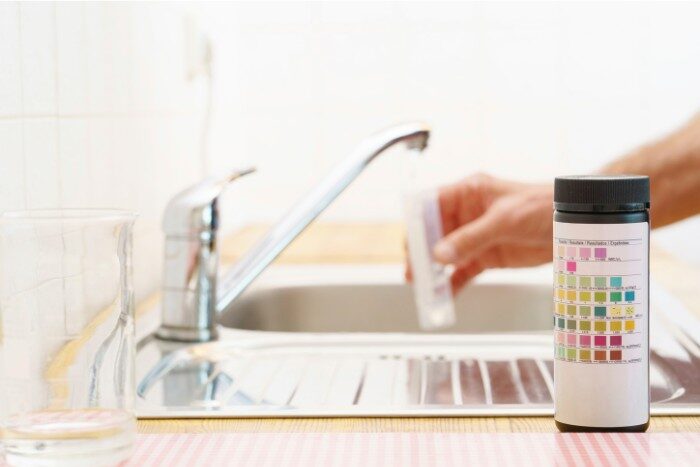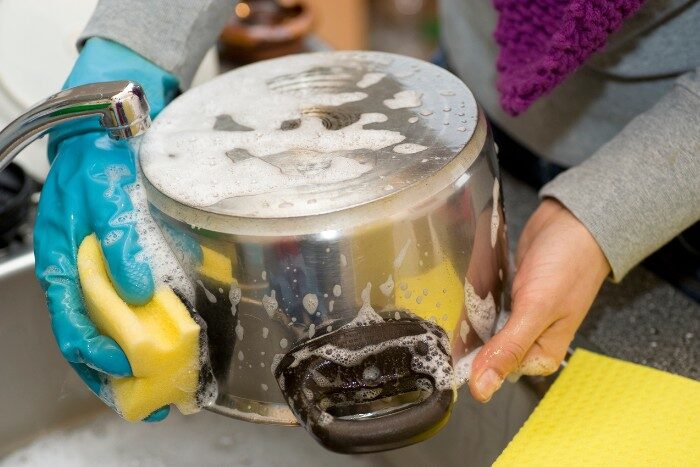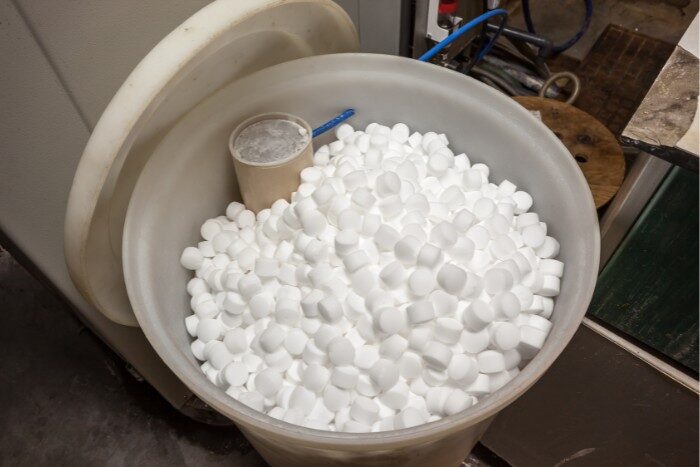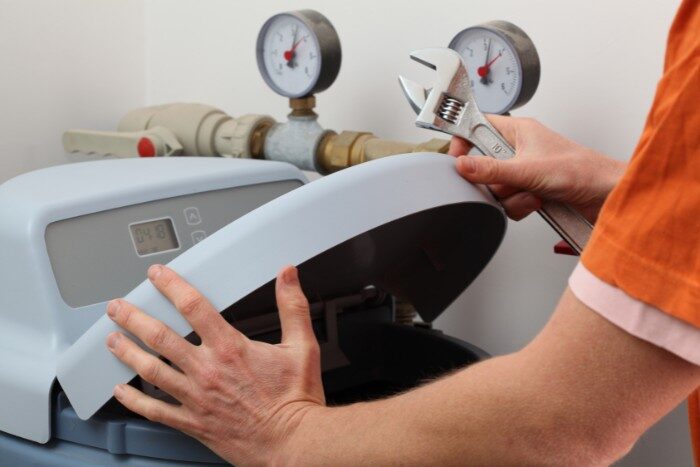
A water softener is an essential appliance for many homeowners, protecting plumbing and appliances from the damaging effects of hard water. But how long do water softeners last before needing a replacement? If you’re investing in a water softener or already have one in your home, understanding the water softener lifespan can help you plan for maintenance, repairs, and eventual replacement.
In this guide, we’ll explore the life expectancy of a water softener, factors that impact durability, and tips to maximize its performance.
What is the Average Life of a Water Softener?
The average life of a water softener typically ranges from 10 to 15 years. However, several factors determine how long your unit will last, including the type of system, water hardness levels, and maintenance habits.
Here’s a breakdown of the expected lifespan for different types of water softeners:
| Water Softener Type | Estimated Lifespan |
|---|---|
| Salt-Based Water Softeners | 10–15 years |
| Salt-Free Water Conditioners | 5–10 years |
| Dual-Tank Water Softeners | 15–20 years |
| Magnetic/Electronic Water Conditioners | 6–10 years |
The longevity of your system depends largely on proper care and maintenance. While some systems last well beyond their expected lifespan, others may fail prematurely due to neglect, poor water quality, or manufacturing defects.
Factors That Affect Water Softener Lifespan

1. Water Quality and Hardness Levels
If your home has very hard water, your water softener must work harder to remove excess minerals, leading to faster wear and tear. In areas with extreme water hardness, systems may require more frequent regeneration cycles, increasing stress on internal components.
2. Frequency of Use
Larger households that consume a lot of water may put more strain on a water softener compared to smaller households. Higher demand can shorten the life expectancy of a water softener, requiring replacement sooner.
3. Maintenance and Upkeep
Proper maintenance is key to extending your water softener lifespan. Regularly refilling salt (for salt-based softeners), cleaning the brine tank, and replacing worn-out parts help keep the system functioning efficiently.
4. System Type and Quality
Higher-quality water softeners, especially those from reputable manufacturers, tend to last longer than cheaper, lower-quality models. Investing in a durable system upfront can save money in the long run.
5. Installation Quality
Improper installation can cause leaks, inefficiency, or frequent repairs. Hiring a professional for installation ensures your system operates correctly from day one.
Signs Your Water Softener is Failing

If you’re wondering how long your water softener will last, it’s important to watch for signs of aging or failure. Here are common indicators that your system may need repairs or replacement:
✅Water Feels Hard Again – If you start noticing soap not lathering well, water spots on dishes, or stiff laundry, your water softener may not be working properly.
✅Frequent Regeneration Cycles – If your system is regenerating more often than usual, it may indicate an efficiency issue.
✅Change in Water Taste or Smell – A sudden change in water quality could mean your system is not effectively removing hard water minerals.
✅Low Water Pressure – Mineral buildup inside the system or pipes can restrict water flow.
✅Brine Tank Issues – Salt bridges or blockages in the brine tank can reduce performance.
If you’re experiencing these issues, troubleshooting or a professional inspection can help determine whether your system needs maintenance or replacement.
How to Extend the Life of Your Water Softener

To maximize the average life of a water softener, follow these simple maintenance tips:
🛠️1. Regularly Check Salt Levels
For salt-based systems, make sure to keep the brine tank filled with high-quality salt to maintain proper regeneration cycles.
🛠️2. Clean the Brine Tank Annually
A clogged brine tank can reduce efficiency. Cleaning the tank once a year helps prevent salt bridges and blockages.
🛠️3. Use the Right Type of Salt
Using high-purity salt (such as evaporated salt pellets) reduces the chance of buildup and extends the water softener lifespan.
🛠️4. Replace Resin Beads When Needed
Over time, resin beads lose their effectiveness and need replacement. Depending on water quality and usage, resin beads may last 10-15 years.
🛠️5. Inspect and Replace Filters
Some water softeners include pre-filters that remove sediment and debris. Replacing these filters regularly prevents clogging and ensures smooth operation.
🛠️6. Schedule Professional Maintenance
Having your water softener inspected by a professional every few years can help catch small issues before they become costly ms.
Is It Time to Replace Your Water Softener?

If your system is over 10-15 years old and showing signs of failure, it may be time to consider a replacement. Newer models are more energy-efficient, use less salt, and have improved filtration technology.
Upgrading to a modern water softener can:
✅Improve water efficiency
✅Reduce maintenance costs
✅Enhance appliance longevity
✅Provide better-tasting water
If you’re unsure whether to repair or replace your system, consulting a water treatment expert can help you make the best decision for your home.
Keep Your Water Softener Running Efficiently

So, how long do water softeners last? While the average life of a water softener is about 10 to 15 years, proper maintenance can significantly extend its lifespan. Understanding key factors like water hardness, system quality, and upkeep helps ensure your softener performs effectively for years to come.
If you suspect your water softener is failing or want to explore replacement options, contact Clear Water Concepts today. Our team of experts can help you choose the best system for your home, ensuring soft, high-quality water for years to come.
💧Schedule a free consultation today! Visit Clear Water Concepts to learn more.


